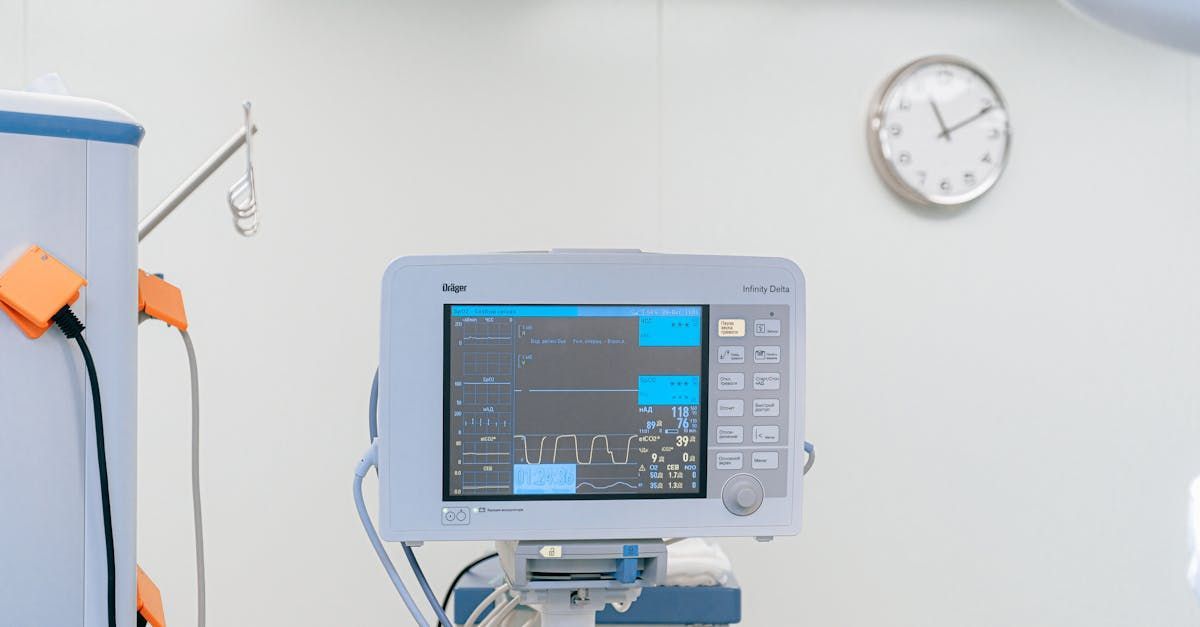Personalized Medicine

As people age, they experience a range of physiological changes that affect their overall health and susceptibility to diseases. Traditional one-size-fits-all medical approaches often fall short in addressing the unique health challenges faced by the elderly. Precision medicine offers a more personalized approach, enabling healthcare providers to develop tailored treatment plans that consider the specific needs and conditions of aging individuals. This personalized care can lead to better health outcomes, improved quality of life, and more efficient management of chronic conditions commonly associated with aging. This blog will explore the application of precision medicine in managing health for aging populations, discuss the biological changes that occur during aging, and highlight the role of genetics, environmental factors, and personalized health management strategies in addressing these challenges.

Notable Labs' Predictive Precision Medicine Platform (PPMP) is revolutionizing pediatric leukemia treatment by leveraging advanced machine learning to predict the most effective therapies with 95% accuracy, as demonstrated in a Stanford study. This innovative approach tailors treatments to each patient's unique cancer profile, significantly improving outcomes for rare and aggressive leukemia types like pediatric acute myeloid leukemia (pAML) and juvenile myelomonocytic leukemia (JMML). Notable Labs' collaborations with leading institutions and use of high-throughput screening have enabled the rapid identification of effective drug combinations and personalized therapies, providing hope for better survival rates and quality of life for young cancer patients. With its commitment to refining precision medicine and expanding its applications, Notable Labs is poised to transform cancer care, ensuring that every child receives the best possible treatment.

Notable Labs' state-of-the-art diagnostic technology, boasting a 95% prediction accuracy as reported in a Stanford study, is set to revolutionize pediatric leukemia treatment by pinpointing effective therapies and saving lives. This pioneering biotechnology company leverages precision diagnostics to enhance treatment efficacy for pediatric leukemia, accelerating the identification of the most effective treatments and improving outcomes for young patients. By employing high-throughput screening and machine learning algorithms, Notable’s platform analyzes thousands of drug combinations to guide personalized treatment plans, significantly improving survival rates and quality of life for children. Despite its potential, the company has strategically chosen not to commercialize this asset immediately, focusing instead on refining the technology and expanding its applications to ensure seamless integration into healthcare systems. This commitment to innovation highlights Notable's dedication to advancing cancer tre

Autoimmune diseases occur when the immune system mistakenly attacks the body's own tissues, leading to chronic inflammation and tissue damage. Traditional treatments often involve a trial-and-error approach with immunosuppressive drugs, which can have significant side effects and may not be effective for all patients. Precision medicine offers a more targeted approach, utilizing genetic data to develop personalized treatment plans that address the underlying causes of autoimmune diseases and improve patient outcomes.

Autoimmune diseases occur when the immune system mistakenly attacks the body's own tissues, leading to chronic inflammation and tissue damage. Traditional treatments often involve a trial-and-error approach with immunosuppressive drugs, which can have significant side effects and may not be effective for all patients. Precision medicine offers a more targeted approach, utilizing genetic data to develop personalized treatment plans that address the underlying causes of autoimmune diseases and improve patient outcomes.

Traditional medicine encompasses a wide range of practices and beliefs that have been used for centuries to maintain health and treat illnesses, often emphasizing holistic approaches and patient-centered care. Examples include Ayurveda, Traditional Chinese Medicine (TCM), and Indigenous healing practices, which use natural remedies, lifestyle modifications, and spiritual guidance.

Precision medicine represents a paradigm shift in modern healthcare, leveraging advanced technologies such as genomic sequencing, bioinformatics, and artificial intelligence to enhance the diagnosis, treatment, and prevention of diseases with greater accuracy. This approach not only improves patient outcomes but also minimizes the risk of ineffective treatments and promotes a more efficient healthcare system. This blog will explore the practical applications of precision medicine, highlighting its impact on managing various diseases, advancing research, and improving clinical trials. We will discuss how precision medicine is being applied in real-world settings to address chronic conditions, the benefits and challenges it presents, and future directions for making personalized healthcare more accessible and effective for all patients.

Precision medicine is transforming the healthcare landscape by customizing medical treatments based on the unique characteristics of each patient. Central to this approach are advanced diagnostic tools that provide detailed insights into an individual's genetic, molecular, and phenotypic profiles. These tools enable healthcare providers to diagnose diseases accurately, monitor disease progression, and develop personalized treatment plans. Diagnostic tools in precision medicine range from genomic sequencing technologies and biomarker identification methods to advanced imaging techniques and AI-driven diagnostic systems.

Patient-generated data (PGD) refers to health-related information created, recorded, or gathered by patients themselves, rather than by healthcare providers. This data encompasses a wide range of information, from daily health logs and wearable device outputs to patient-reported outcomes and personal health records. The rise of digital health technologies has significantly increased the volume and variety of patient-generated data, making it a valuable resource for healthcare providers and researchers.

Precision medicine, which customizes healthcare based on individual characteristics, is being embraced worldwide, with each country adopting unique strategies to integrate it into their healthcare systems. This blog explores the various approaches, highlighting the diverse methods of implementation, the successes, and the challenges faced across different regions.
